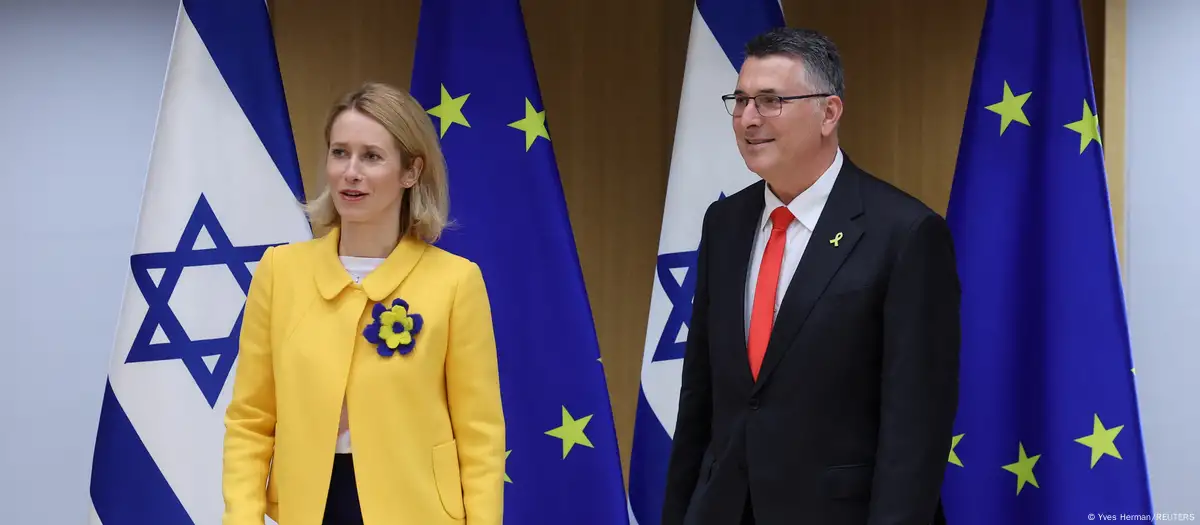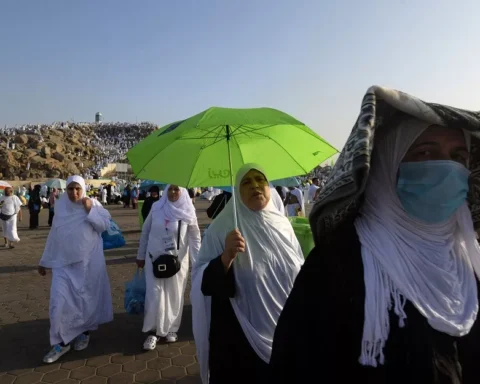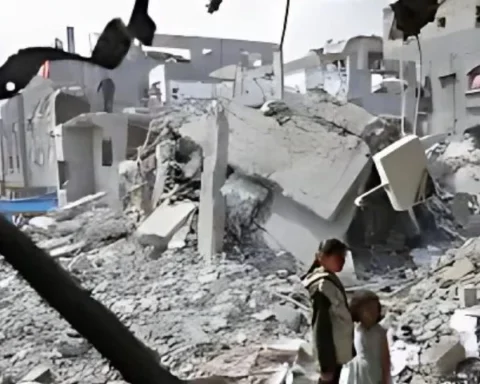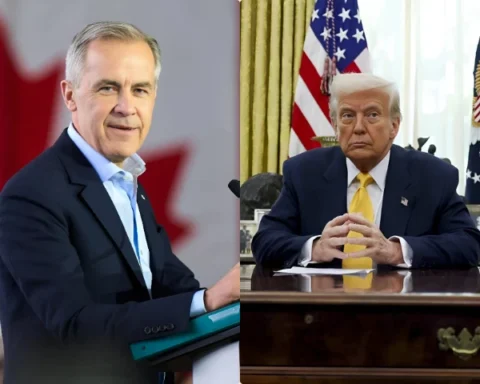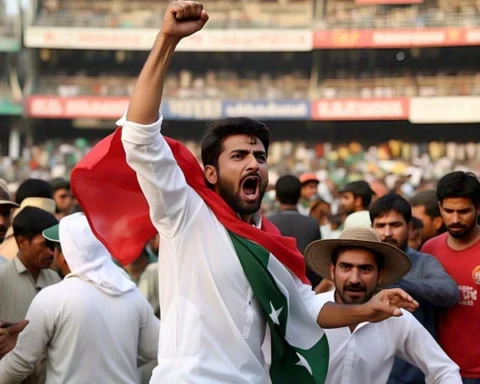The first EU-Israel talks since the Gaza war were far from business as usual. Instead of fostering cooperation, the impetus for the meeting came from concerns raised by two EU states — Spain and Ireland — regarding Israel’s actions in Gaza, which some argue may constitute war crimes. These concerns led to the review of trade and ties with Israel, especially since the International Criminal Court has issued statements about Israel’s actions.
Key Points:
-
EU’s Concern Over Gaza and Human Rights:
- The EU presented a 57-point statement, criticizing Israel’s settlement policy, condemning the humanitarian situation in Gaza, and expressing opposition to actions that undermine the viability of a two-state solution.
- EU diplomats also voiced strong opposition to the violence in the West Bank and the expansion of illegal settlements.
-
Israel’s Defense:
- Israeli Foreign Minister Gideon Saar defended Israel’s actions, stressing that the country was forced to go to war to dismantle Hamas’ military capabilities and protect its citizens.
- Saar emphasized Israel’s efforts to facilitate humanitarian aid to Gaza, countering claims that it was hindering aid distribution.

-
Tensions in Diplomatic Relations:
- Despite the ongoing tensions, the mood during the talks remained cordial, with leaders shaking hands and maintaining diplomatic decorum. However, there were notable differences in positions on the Gaza situation and broader issues related to Israel’s policies in Palestinian territories.
-
EU’s Complicated Position:
- The EU is trying to maintain a balanced approach, offering strong criticism on human rights and settlement policies while also showing diplomatic support for Israel’s right to self-defense. This delicate balance is complicated by the differing views of EU member states.
-
Criticism from Campaigners:
- Human rights groups like Oxfam and Human Rights Watch criticized the EU’s approach, accusing it of being complicit in Israel’s actions by not taking stronger measures in line with human rights clauses in its agreements.

The talks marked a critical moment in EU-Israel relations, with clear differences on the Gaza issue. While the diplomatic tone was friendly, the underlying tensions and differing views on human rights and military actions in Gaza suggest that these meetings were far from “business as usual.” The EU continues to navigate the complex challenge of balancing its support for Israel’s security with the need to address human rights violations in the ongoing conflict.
